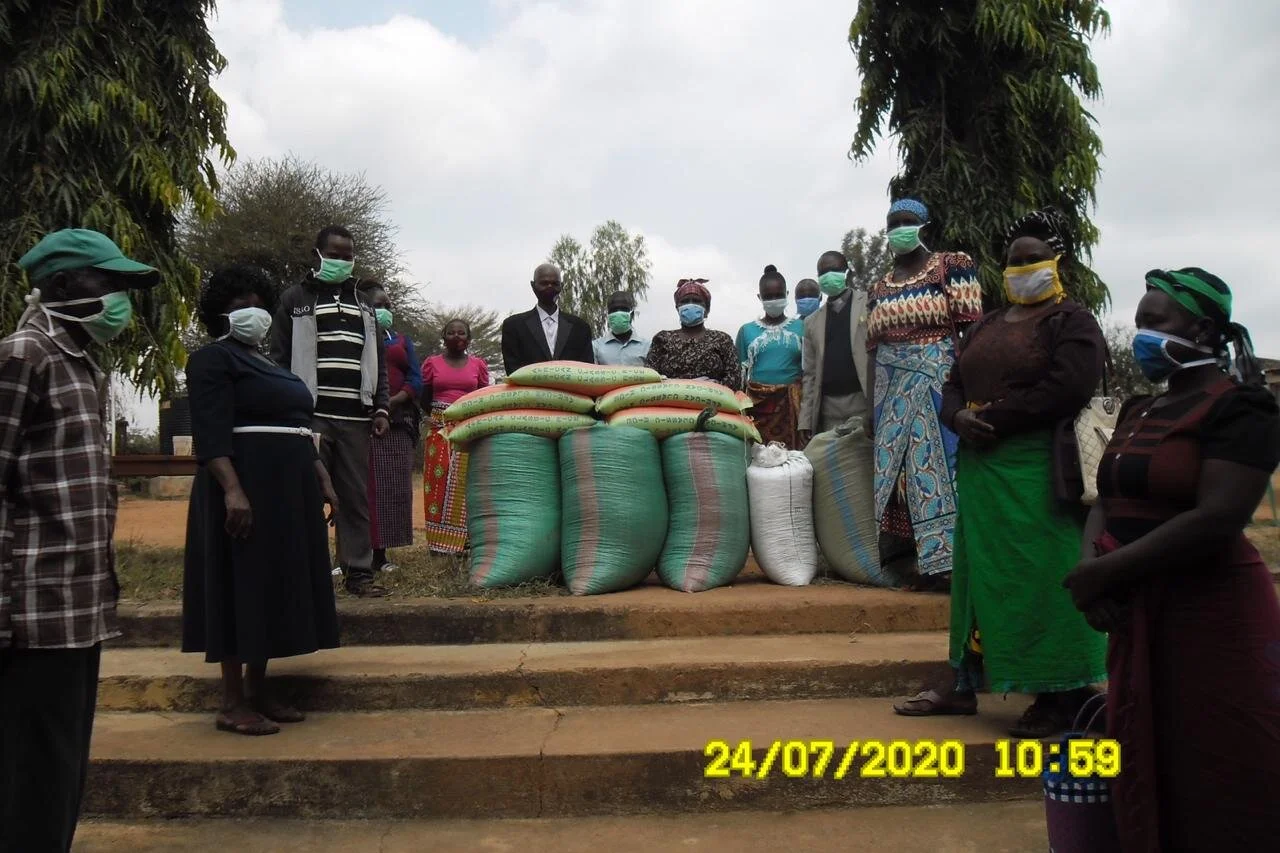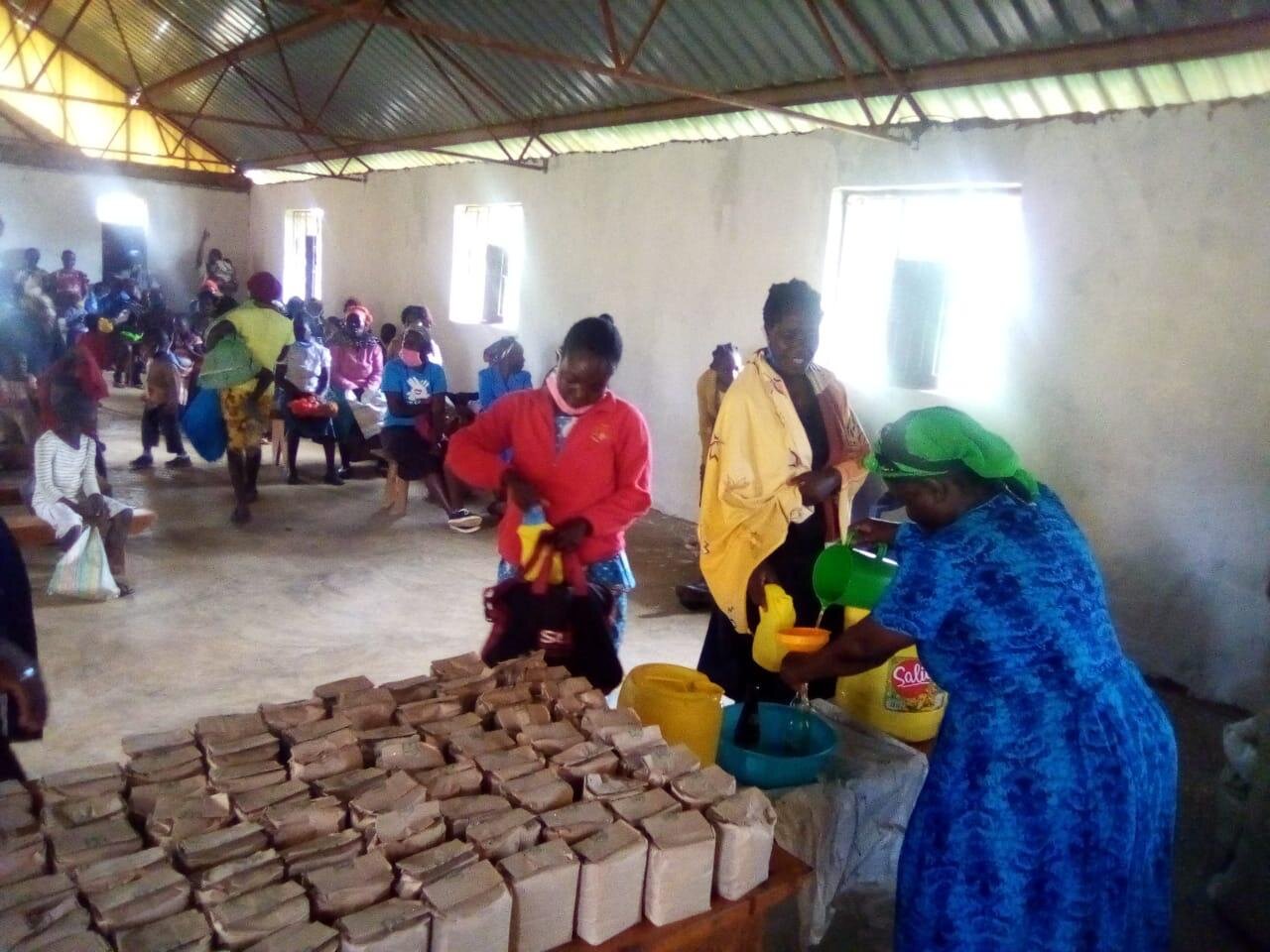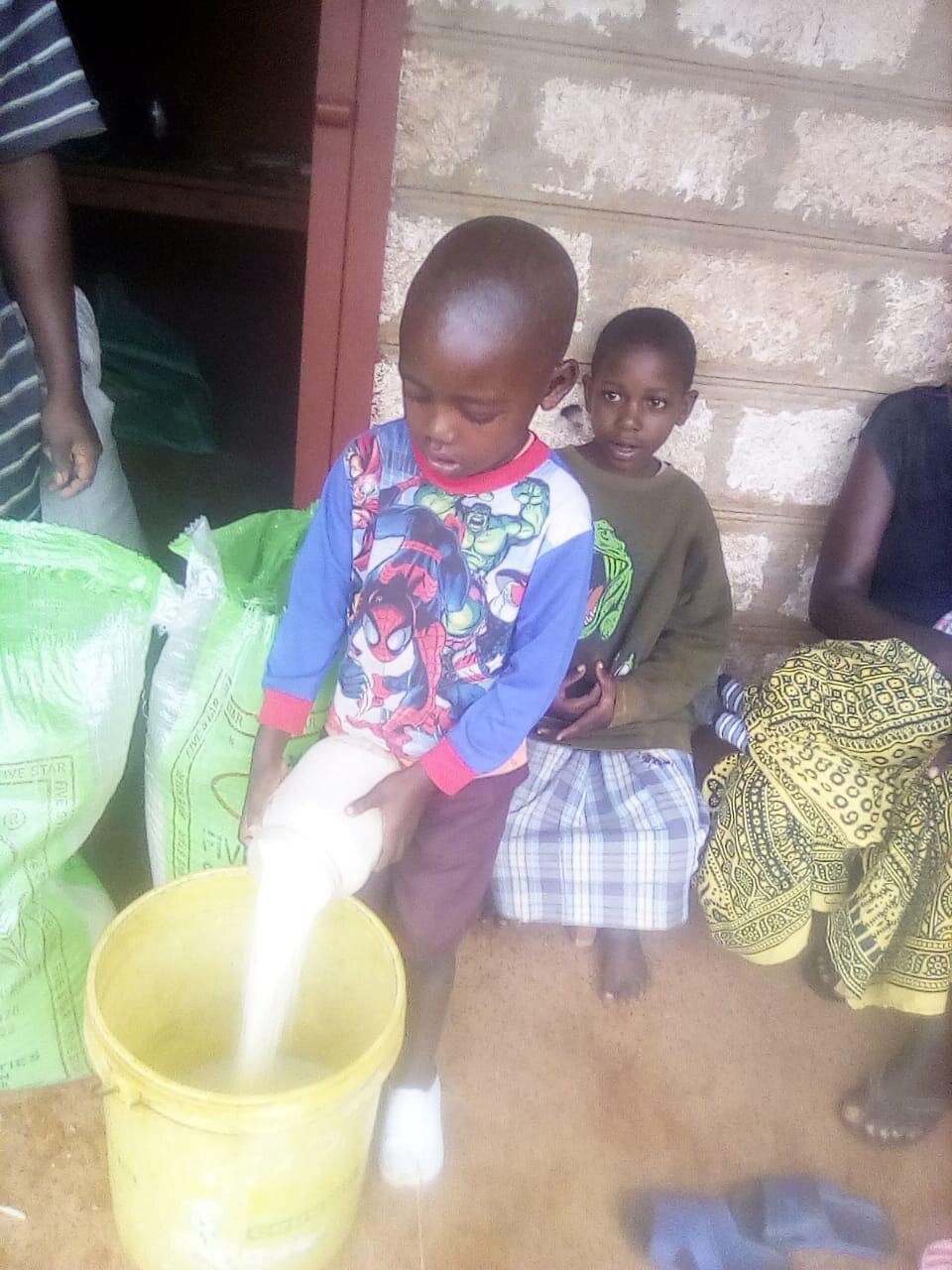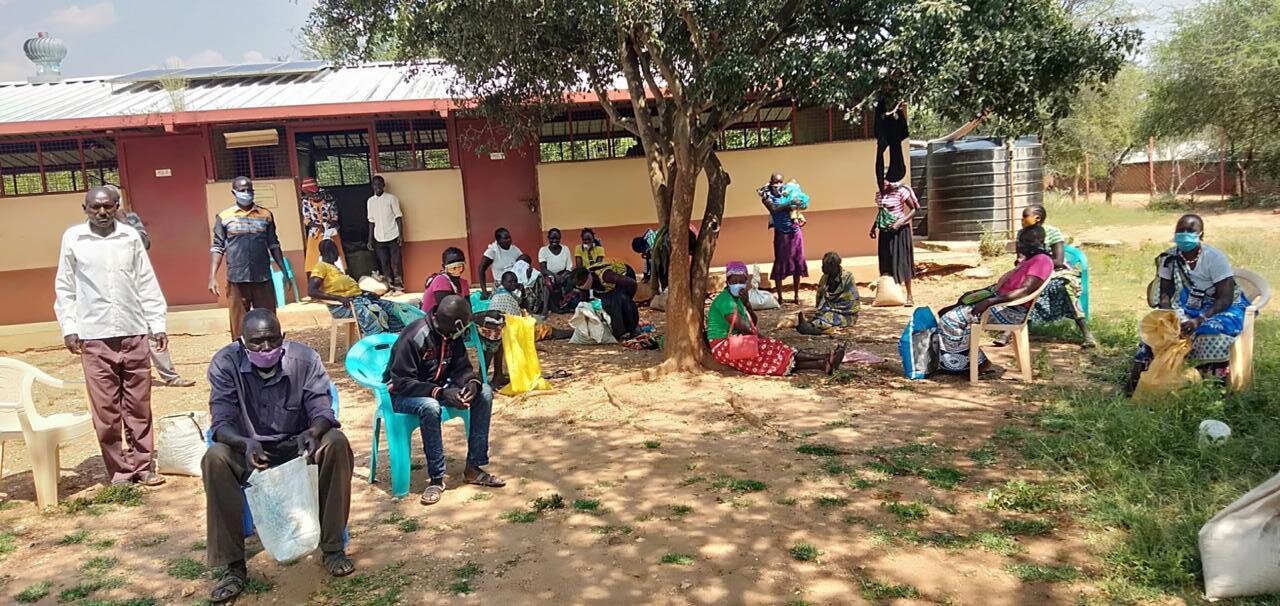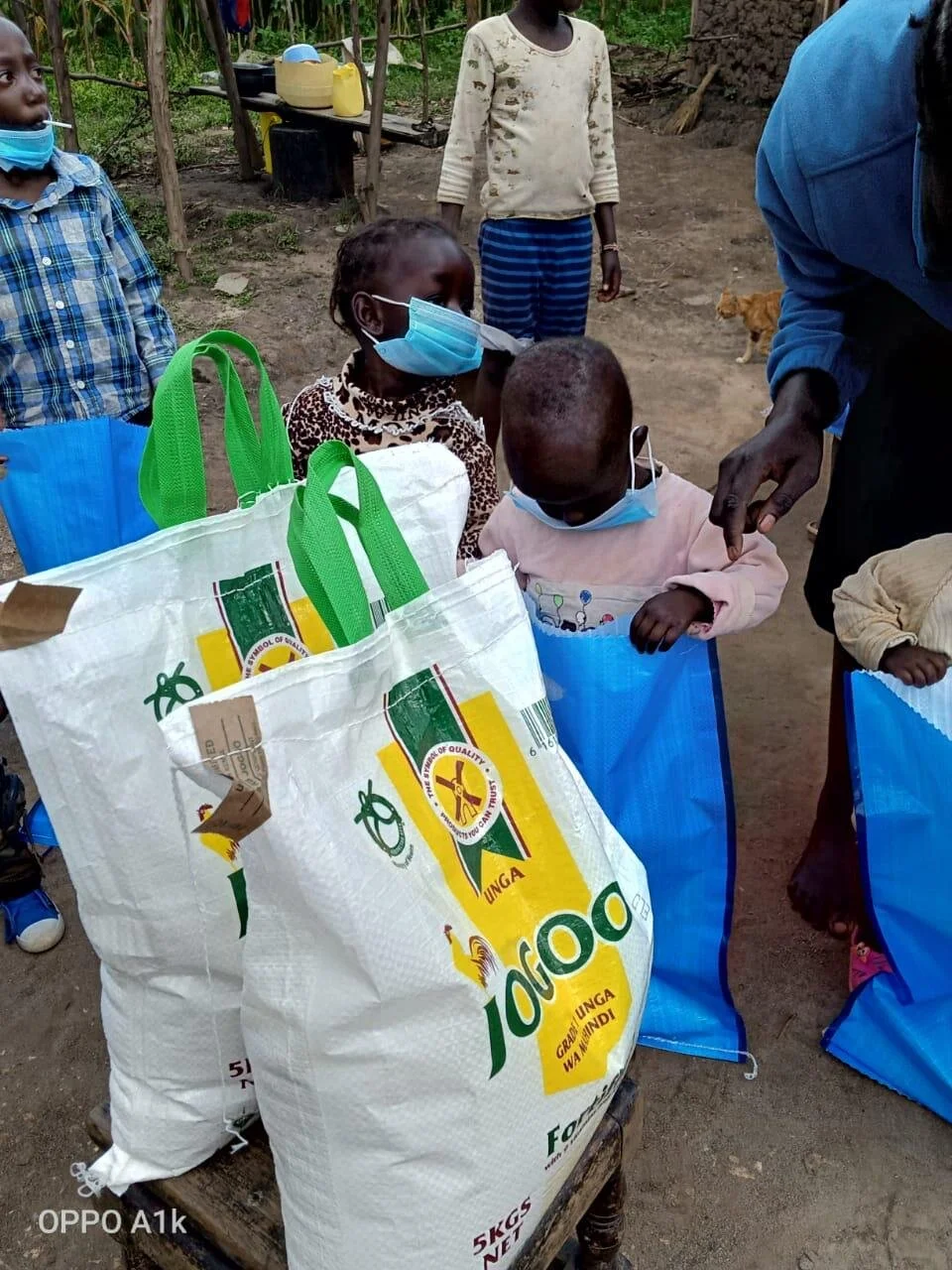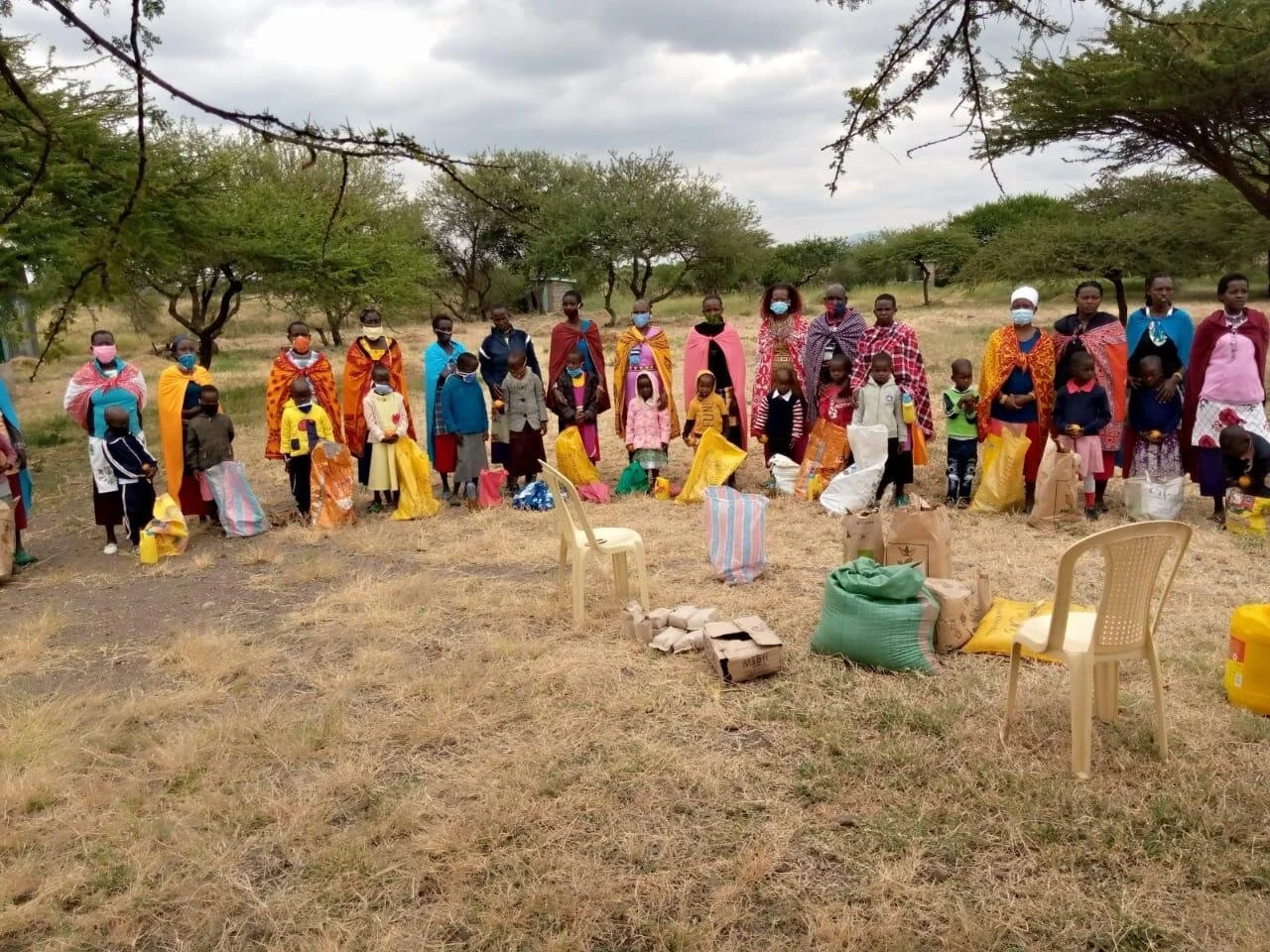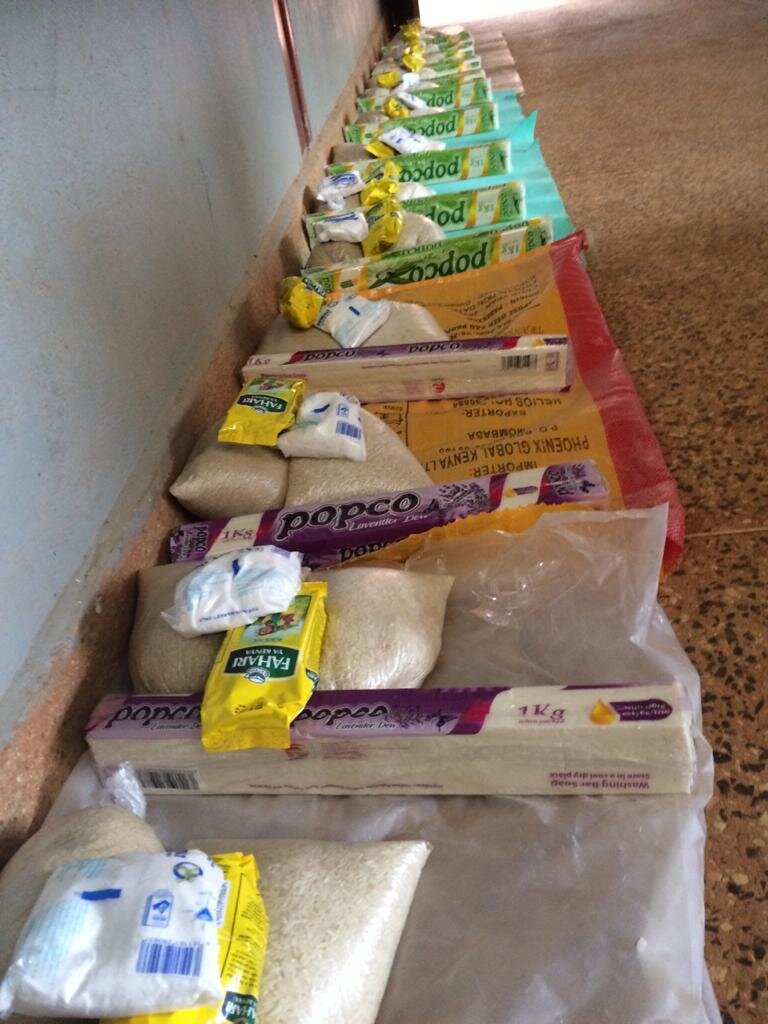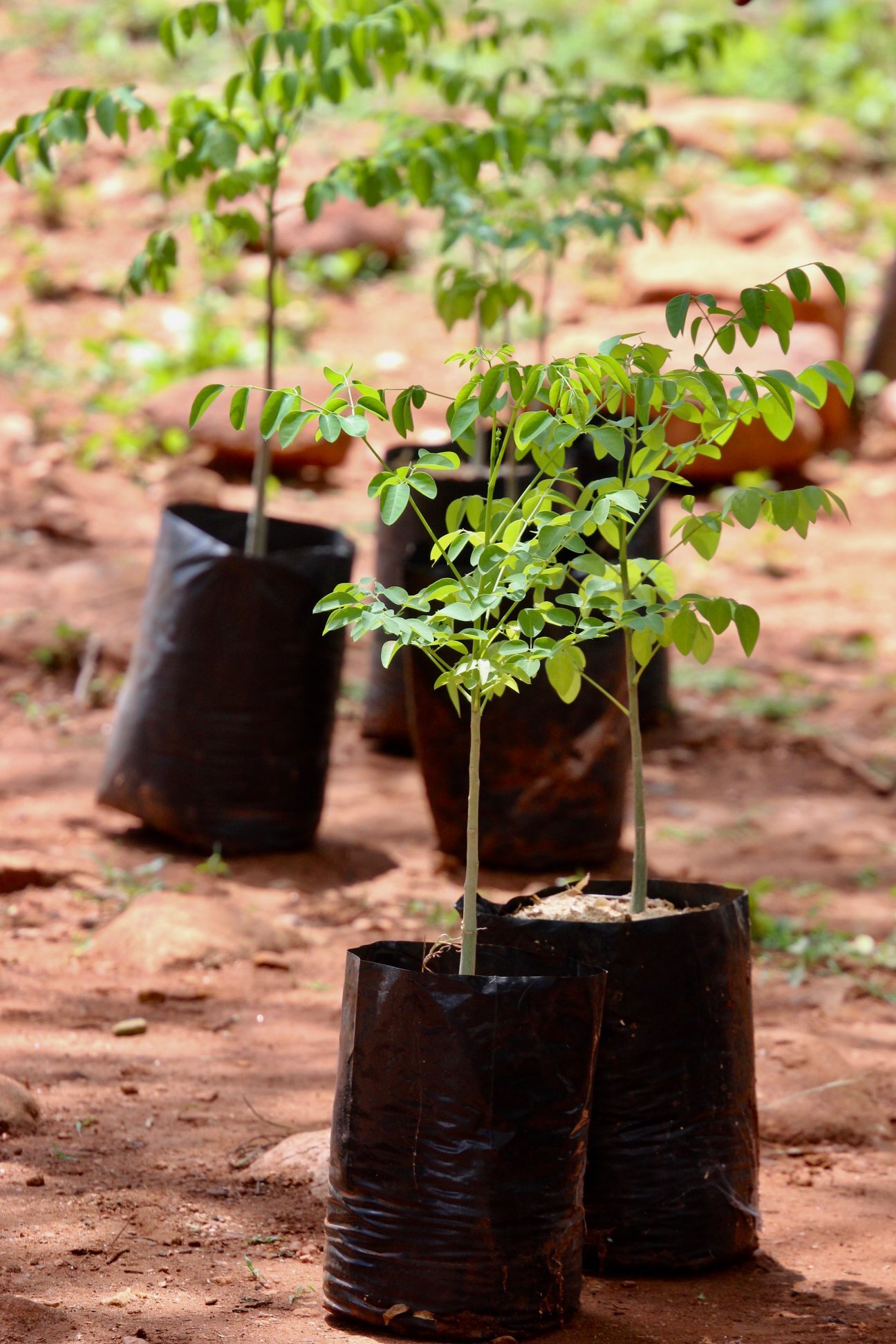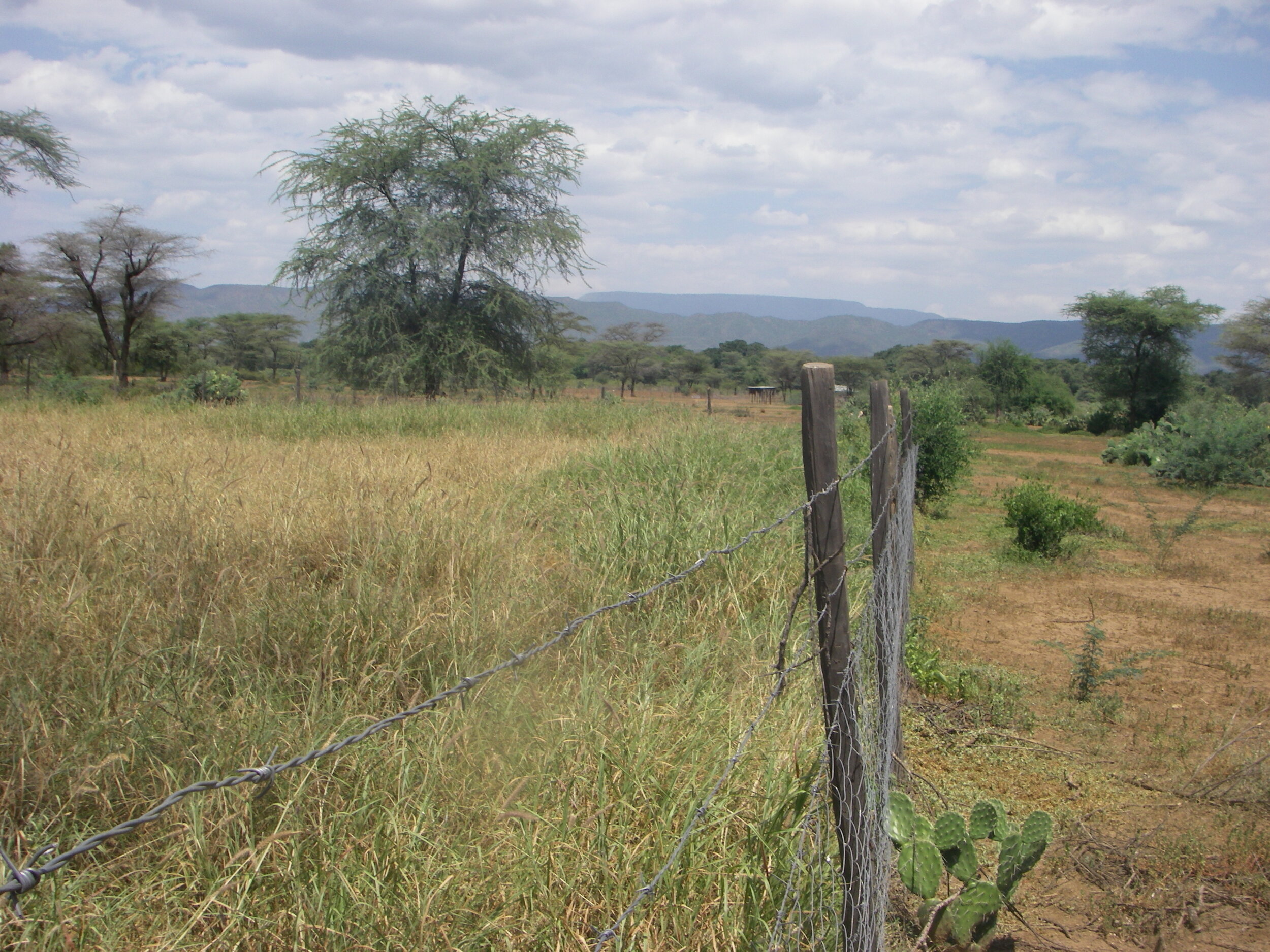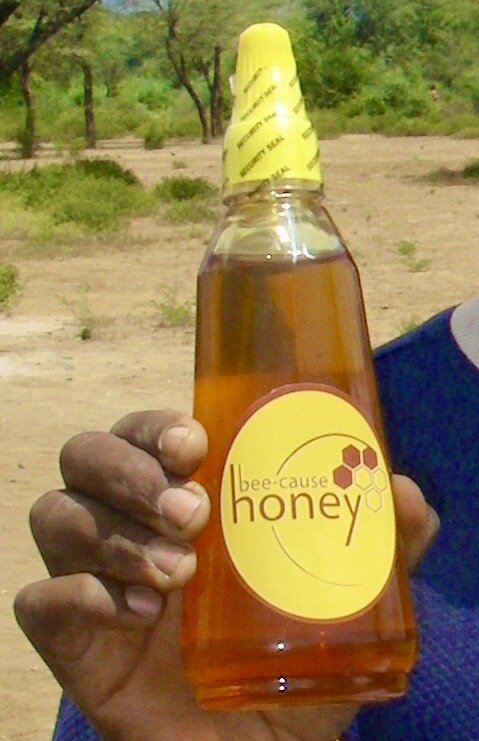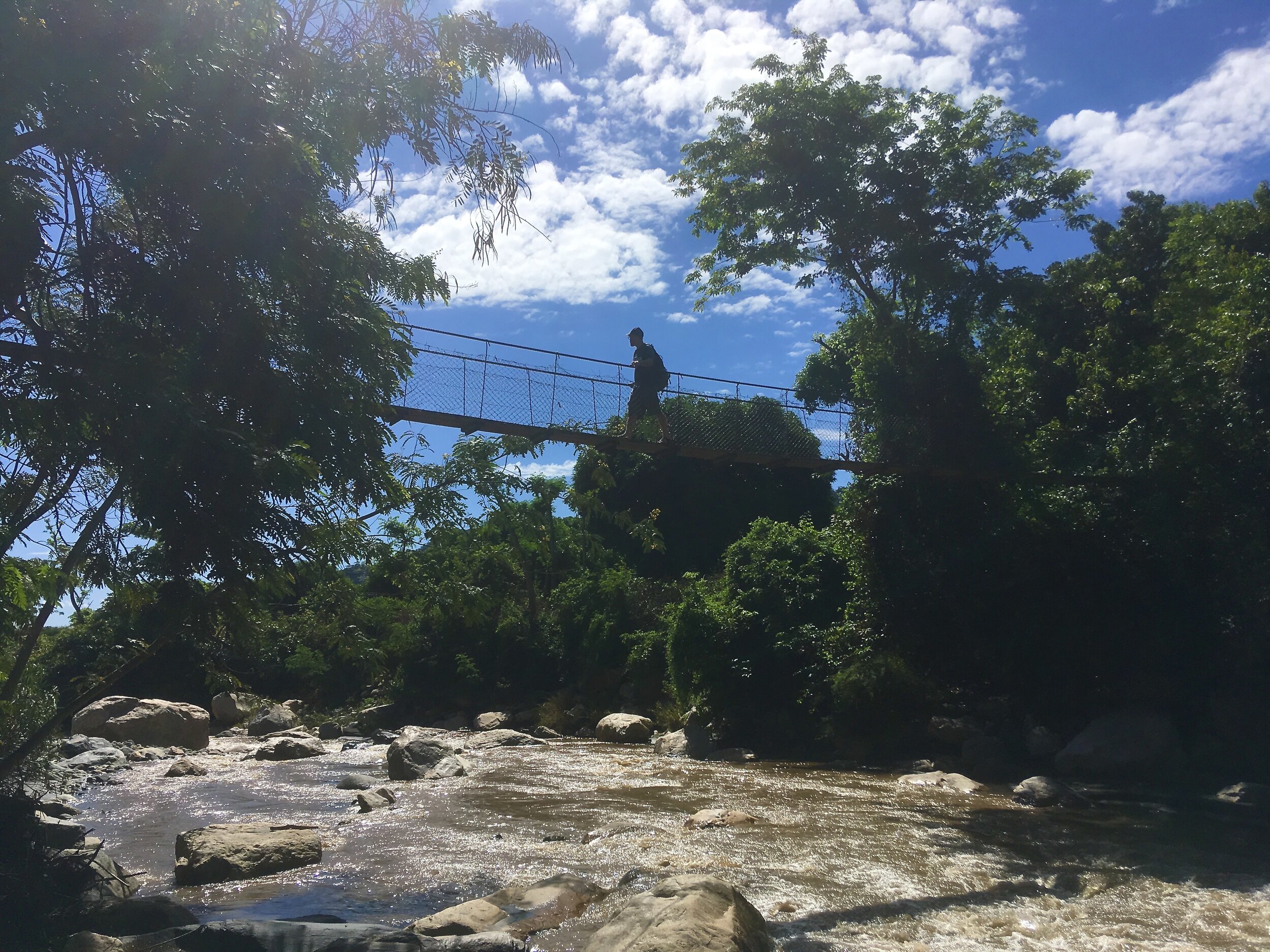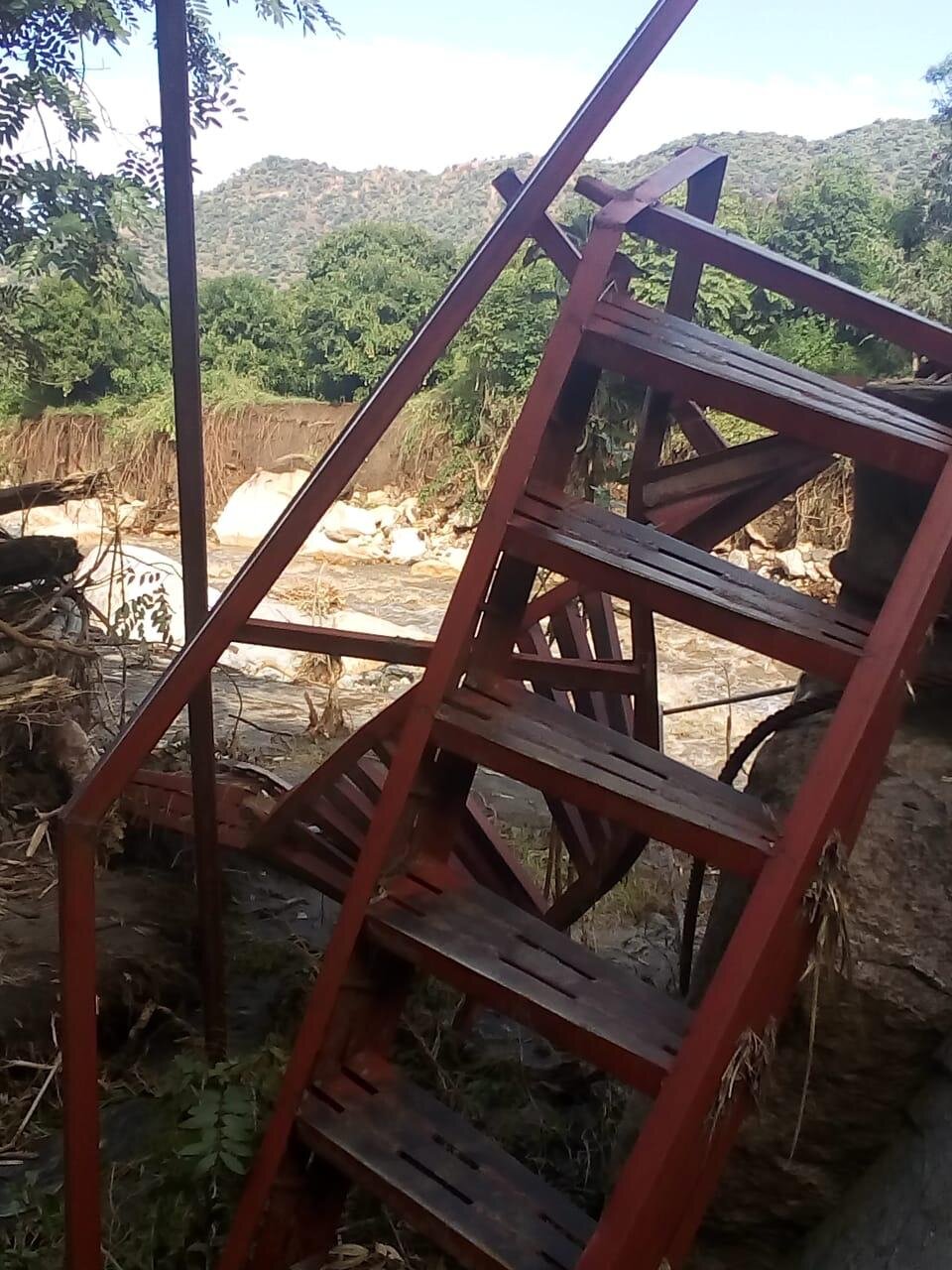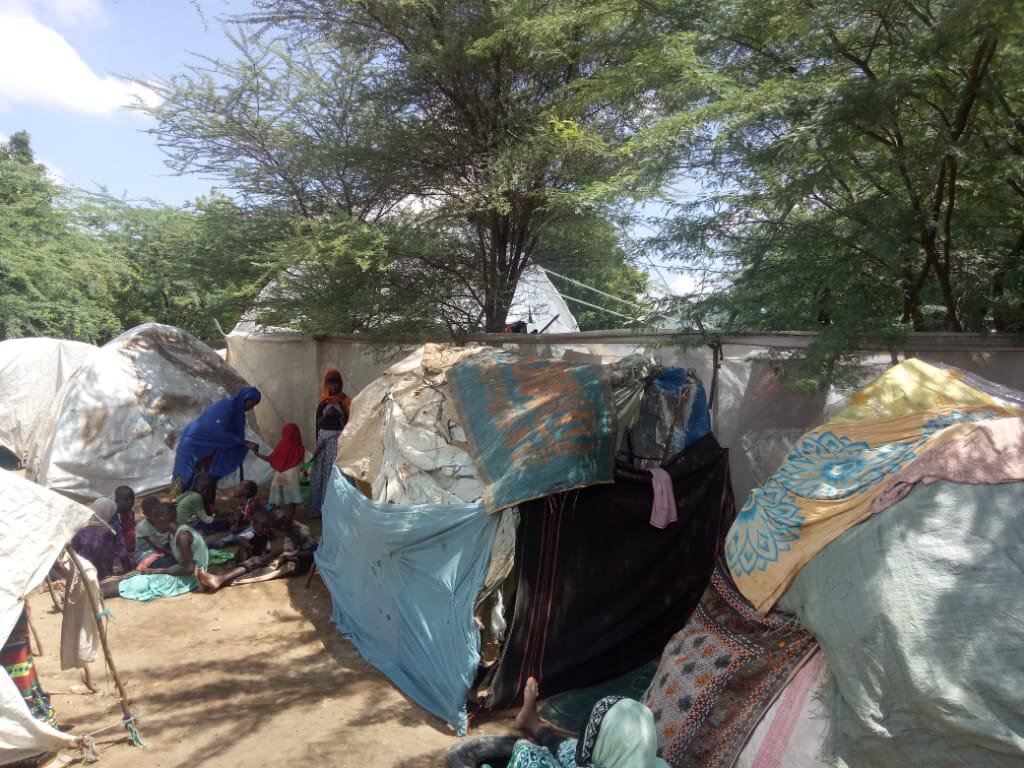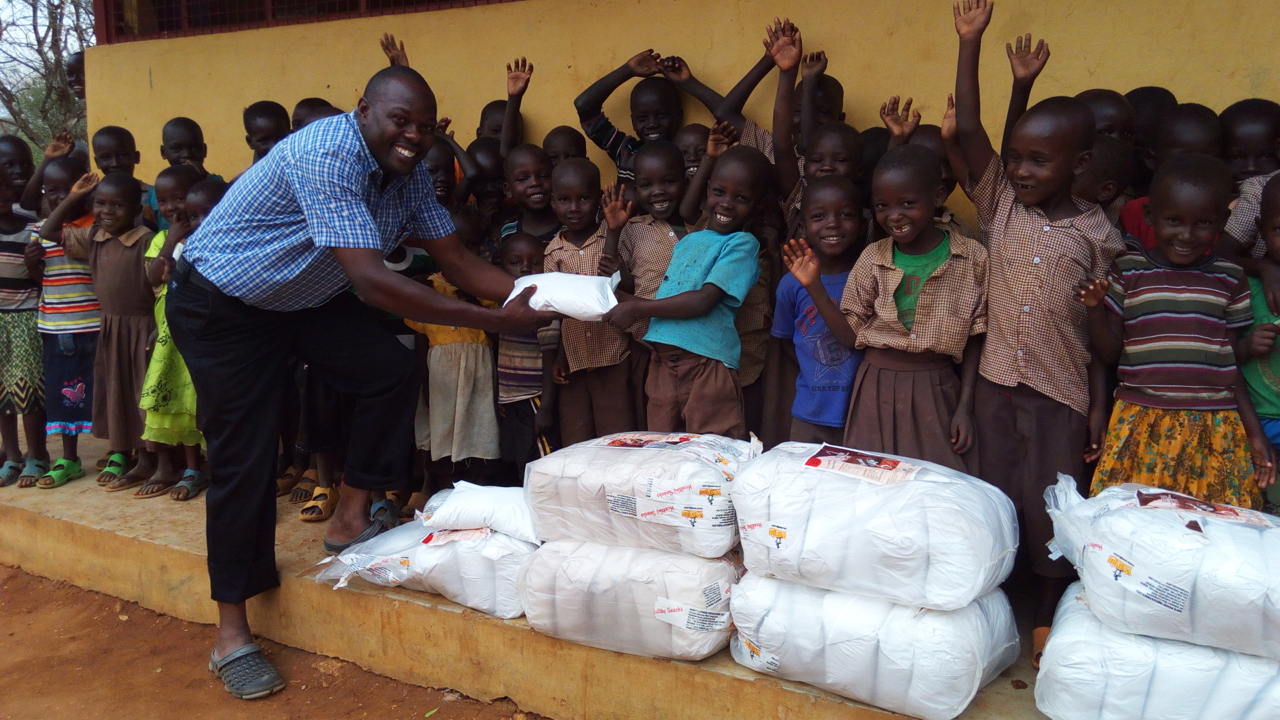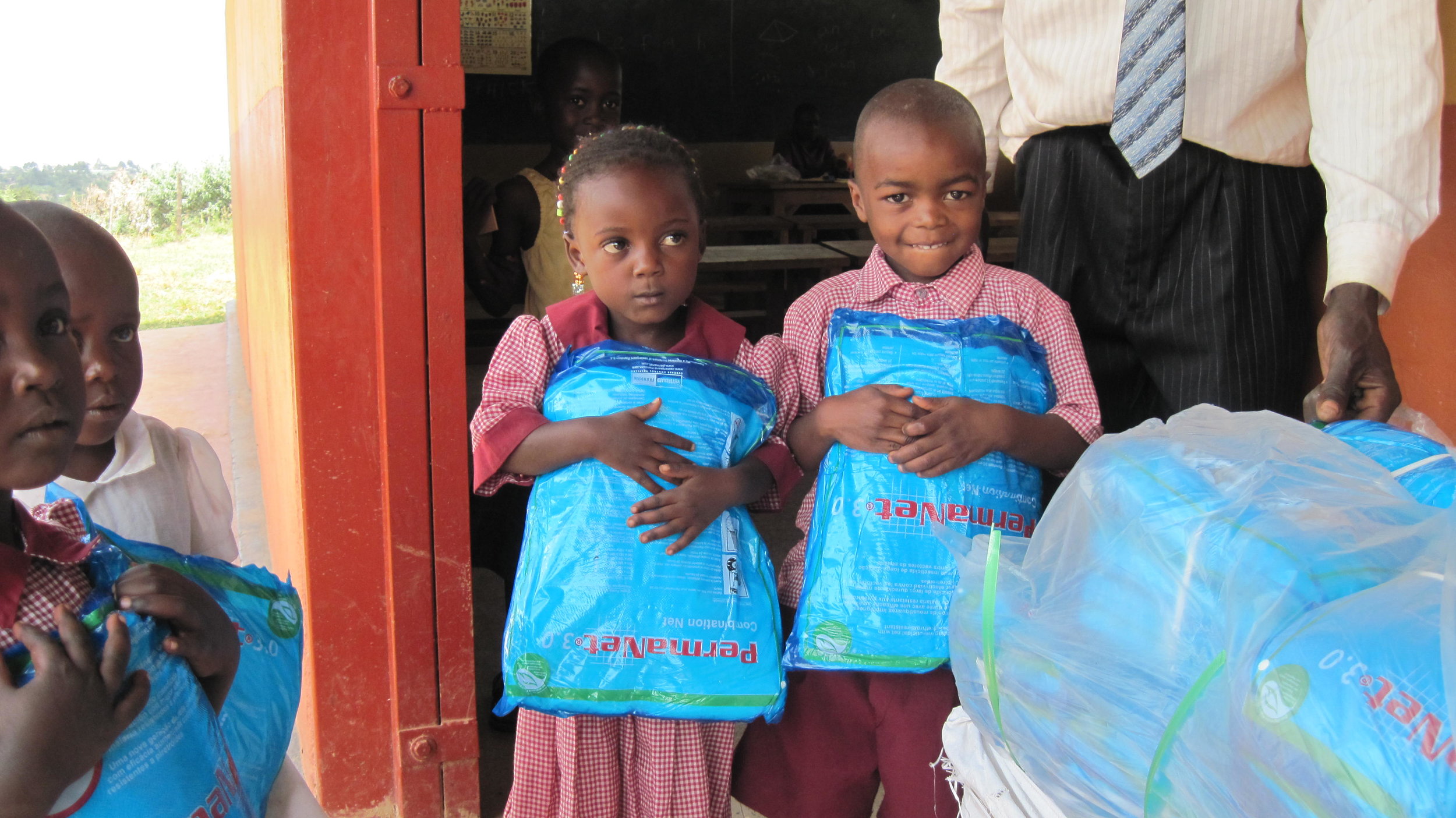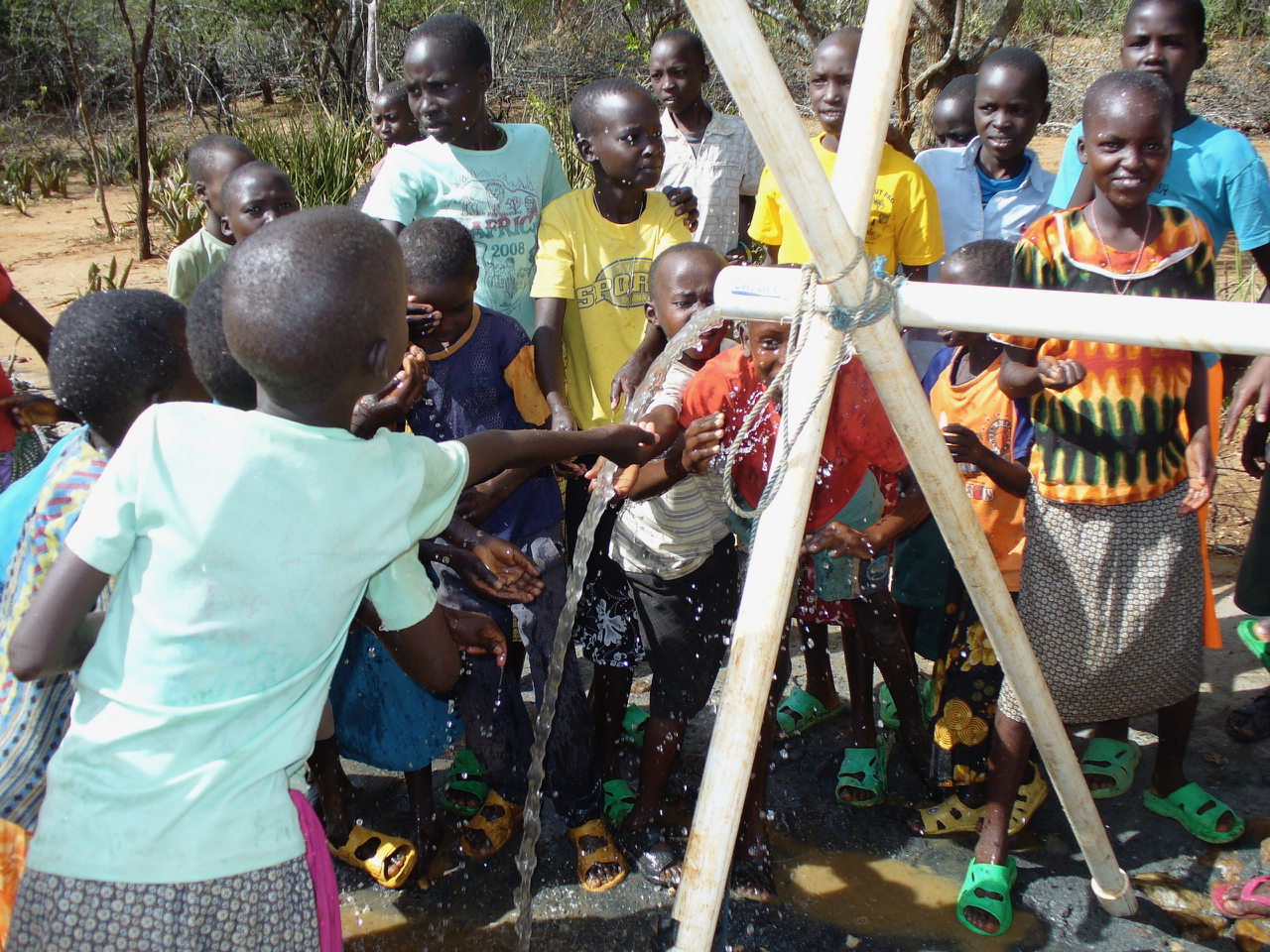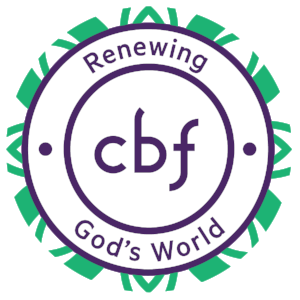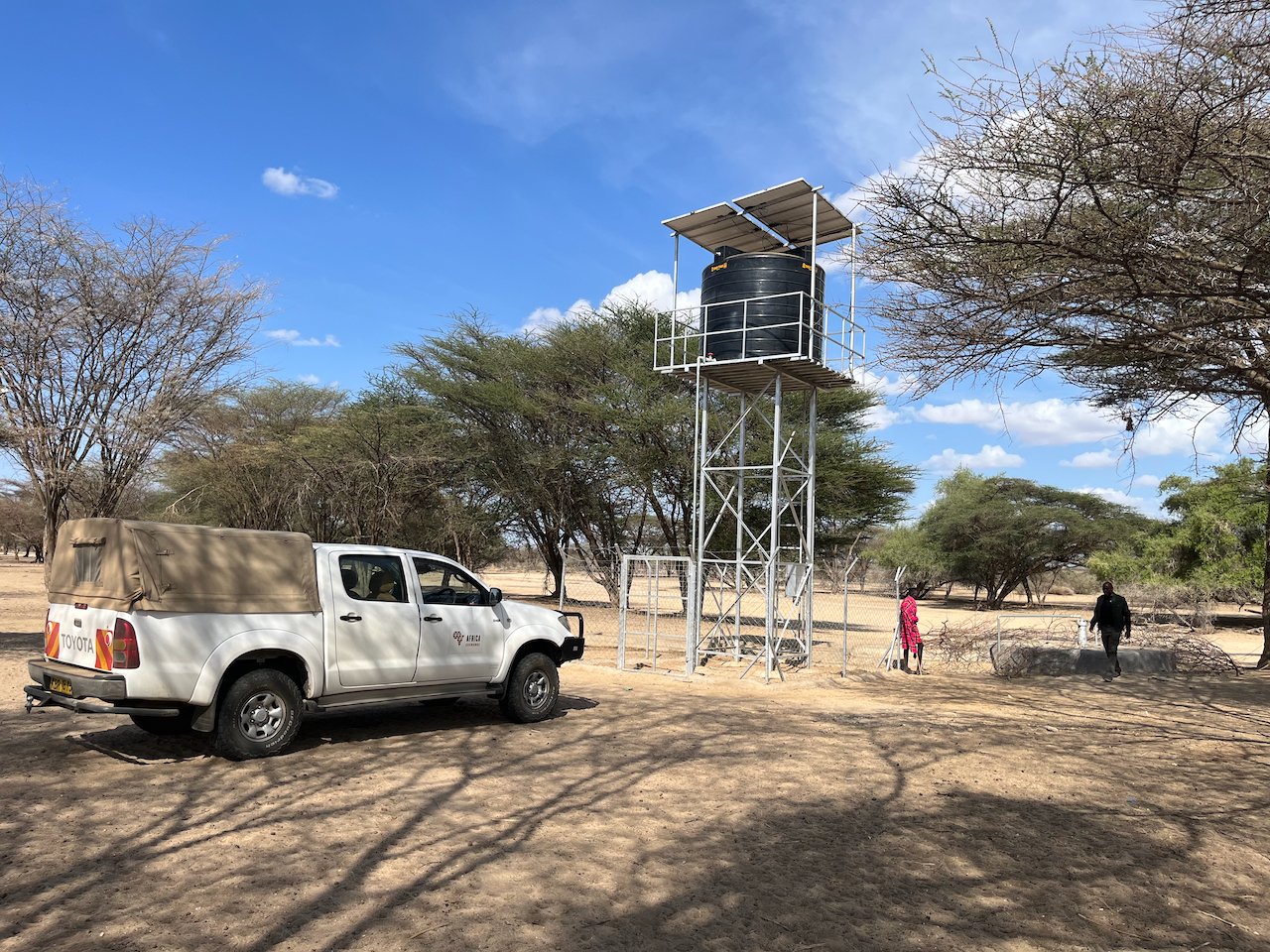
BLOG
Our latest accomplishments, progress reports, & musings.
COVID 19-Related Relief Delivered
COVID-19 RELIEF
In response to the COVID 19 crisis, the government in Kenya closed all schools in mid-March. Since that time it was determined that schools would not reopen this year but a targeted date for reopening has been set for January 2021.
As nutritional support forms a large part of our integrated program for children under six, it was determined that existing supplies would be distributed to families so that children would continue to benefit even during school closure.
When it became clear that schools would not reopen for second and third terms, we mobilized our supporters toward an extraordinary food distribution in light of the ongoing pandemic. Response has been encouraging as friends of Africa Exchange together with the disaster response team at the Cooperative Baptist Fellowship made this relief possible.
Thank you for your contributions toward this effort! We plan on an additional distribution exercise toward the end of November.
Keeping Earth
For some time now, we have heard a compelling call from the earth. A call for care. It is not hypothetical. Or hysterical. Or hard to believe. Such a call is needed. It is an invitation. A beckoning. A response is actually easy. It’s the back and forth of a love story. It’s easy to care about our common home. It has been faithful to us. How will we be faithful in return?
Our ecosystems are multi-layered and diverse. They’re beautiful beyond wordy descriptions. When we slow down long enough to “be” in them, they speak to our bodies and our souls. As Barbara Brown Taylor once exclaimed,
“If I softened my gaze and stopped holding myself apart from all that surrounded me, I became part of something so old and so powerfully alive that I lost track of myself. The river ran through me. Trees breathed for me. My feet grew from rock. The only thing wrong with any of these sentences is that there was for that moment no “me” or “my.” I lost my “me” altogether, which of course was not apparent until I came back to myself, recovering one sense of reality at the price of the other.”
We have had just such experiences in Kenya many times. We have also felt the anxiety of the natural world being threatened. We’ve felt the fragility of systems that cannot recover when overused, broken or tipped out of balance. Just this week the news from Kenya’s Cherangani Hills in West Pokot brings stories of unprecedented rains, devastating landslides and flooding rivers that have resulted in the loss of over 50 lives. The combination of deforestation and more rain occurring at one time than has been witnessed in generations has brought untold suffering as well as major infrastructural damage.
Many of you are aware of suspended bridges that we had erected in conjunction with our community projects in West Pokot with the help of Bridging the Gap Africa. Sadly, we report that almost every bridge built along the Wei Wei river since 1997 has been wiped out, including many road bridges. Further, our Somali partners much farther to the east in Garissa report flooding of the Tana River that flows from the the highlands of Mt. Kenya. Residents of Bulla Iftin where one of our centers is located have fled to the high ground and are now camped out in the school compound. Please pray for our partners in both places as they attempt to make it through this difficult time.
Our launching of the environmental component of Africa Exchange, KEEPING EARTH, is our response and commitment to caring for our common home. It is in recognition of how deeply interrelated thriving communities are with the environment. In Kenya, people often speak of “keeping”. Keeping well. Keeping time (or not!). This “keeping” is understood as something that is on-going. Keeping Earth is just that kind of relationship. A commitment for the present. And for the future. An engagement that asks something of us. An engagement the ignoring of which, will mean some great loss. If we’re not engaged in “Keeping Earth” now, we very well could lose parts of it that cannot be regained.
Keeping Earth will be integrated into all programs of Africa Exchange and will be comprised of 3 primary projects:
Trees for Life
Malisho mazuri (Good Grassland)
BeeCause
In the days ahead we’ll introduce you to these projects in more detail and invite you to be involved by playing your part in Keeping Earth.
Environmental Mindfulness: A Five-fold Path
Africa Exchange executive director Sam Harrell writes this for Earth Day, https://ethicsdaily.com/5-practical-measures-to-turn-around-our-declining-environment/ , challenging us toward a greater consciousness of our privilege and responsibility towards the those with whom we share the planet.
Sustainable Development in Sisit
by Eddy Ruble, CBF Kutana Kenya Participant
While participating in Kutana Kenya 2018, I had the opportunity to visit Sub-Saharan Africa for the first time and interact with the land and the people of Kenya. Our group was exposed to the multiple dimensions of earth-care and sustainable development practices, while also observing the adverse effects of industrial agriculture, deforestation, and over grazing of grasslands. Global warming affects rainfall, underground aquifers, drinking water, irrigation and the food supply – all necessities for life. On the humanitarian side, education equips the next generation with knowledge and skills they need to better navigate the world and find solutions for the next generation. Looking into the eyes of a young Kenyan school girl in a remote highland village where they collect and carry their drinking water from a natural stream, I got a glimpse into Kenya’s future. I saw a quiet confidence and curiosity. I saw a healthy girl who has benefited from sustainable development work in her village over the course of many years – Africa Exchange’s partnership in building of a preschool and support to an elementary school, the installation of a suspension bridge over a rushing river, and the current installation of running water in the village and individual water filters for each household. I was proud to be a part of an organization which reaches out to partner together with communities in the developing world to help them meet the challenges they face and find appropriate solutions for their context.
Eddy Ruble shares a moment with students of Sisit
Kenya Health Partnership and Change for Children
by Dr. Tom Ginn, MD
Recognizing education as a critical factor in community development, stability, and identity, Africa Exchange envisioned and created Change for Children in 2005 with the goal of establishing early childhood education centers, known as Integrated Child Development Centers (ICDCs). ICDCs have been established in close partnership with churches and community groups in marginalized areas in eight regions of Kenya.
In keeping with the 'quick wins' associated with UN Millennium Development Goal #4 of the time and in view of the intimate and interrelated nature of education and health issues, Africa Exchange sought to identify healthcare interventions that enhanced and complemented childhood education. Four specific interventions were chosen as our initial focus: 1. Clean water/sanitation; 2. Parasite treatment; 3. Malaria prevention; 4. Nutritional/vitamin support.
Diarrhea and waterborne diseases contribute to significant morbidity and mortality in Kenya (and all of sub-Saharan Africa), especially in preschool children. Interventions implemented at ICDC’s to address this include provision of safe drinking water from wells and rainwater collection systems, as well as providing basic sanitation via pit latrines.
Parasitic diseases, primarily intestinal worms (roundworms and hookworms), cause significant problems in children, particularly anemia and nutritional deficiencies. The World Health Organization reports that periodic (twice yearly) treatment of children with parasite medications – referred to as “deworming”- results in significant improvements in both physical and cognitive development, particularly when combined with nutritional supplementation. Deworming medications provided by Africa Exchange are inexpensive, well tolerated, and easily administered by teachers at all ICDC’s twice yearly.
Nutritional deficiencies are major challenges in children, especially when related to parasitic diseases. To augment deworming, and in view of other nutritional deficiencies, all children at ICDC’s are provided with vitamin supplements and with a daily meal of nutritionally fortified porridge.
Malaria is another major health issue which causes one out of four child deaths in Kenya. Mosquitos which carry malaria in this area of Africa primarily feed during the night between midnight and five AM. Sleeping under insecticide treated bednets reduces the incidence of acute malaria by about 70%. For a number of years and assisted by ‘His Nets,’ Africa Exchange has provided children and families with bed nets through the ICDC’s.
It is our belief that in these vulnerable communities, early childhood education intimately complimented by appropriate healthcare interventions will result in stronger, healthier, more resilient and more productive communities.
Kutana Kenya 2nd Edition!
Following a very successful inaugural Kutana Kenya in 2017, dates for the next edition have been confirmed for May 20 - June 6, 2018.
Designed as an immersion experience for graduate and divinity students emphasizing the importance of earth care in mission and transformational development, the experience includes cross cultural encounter and service learning as key components of the curriculum.
Deadline for application is the end of February, 2018. Contact info@africaexchange.org for an application and additional information.


